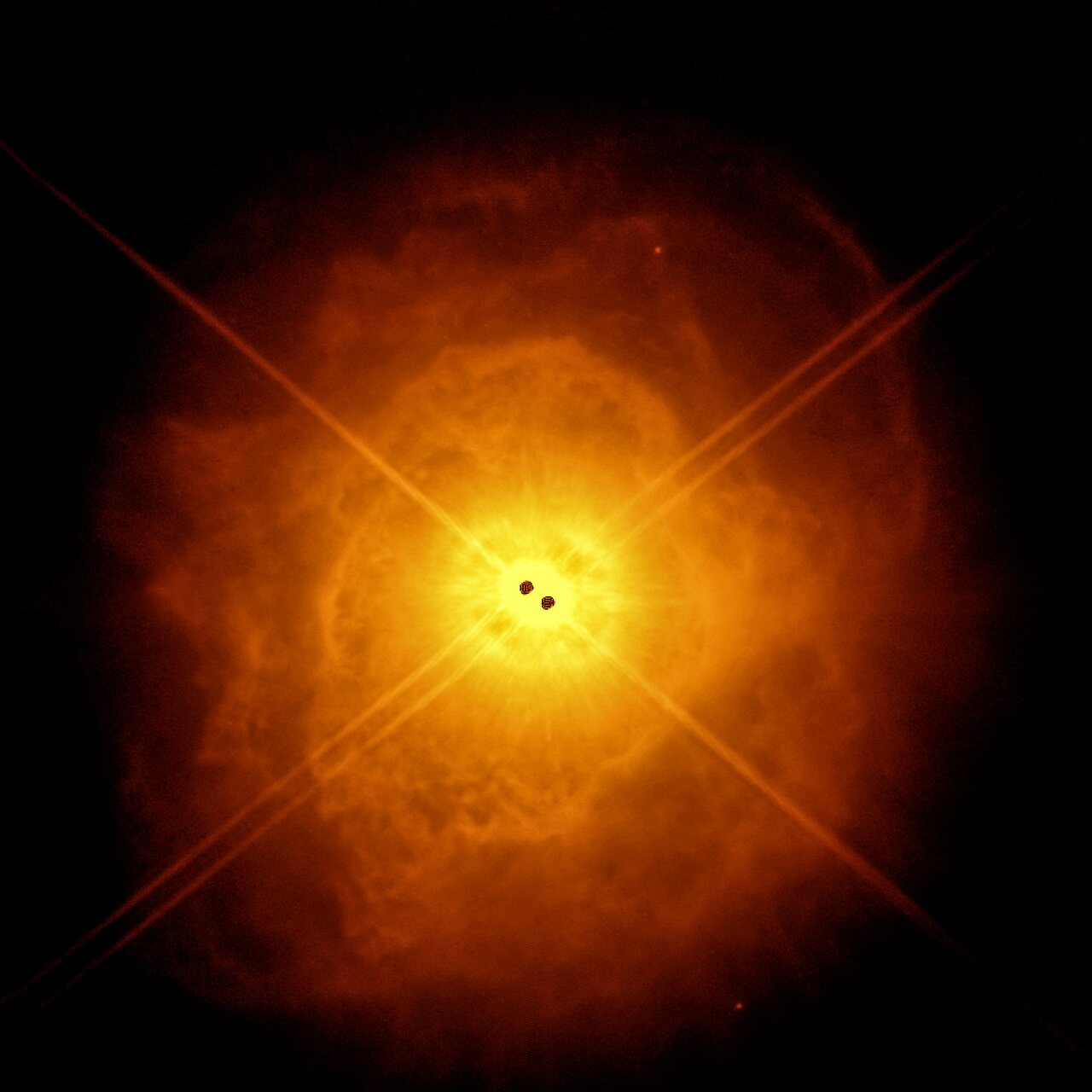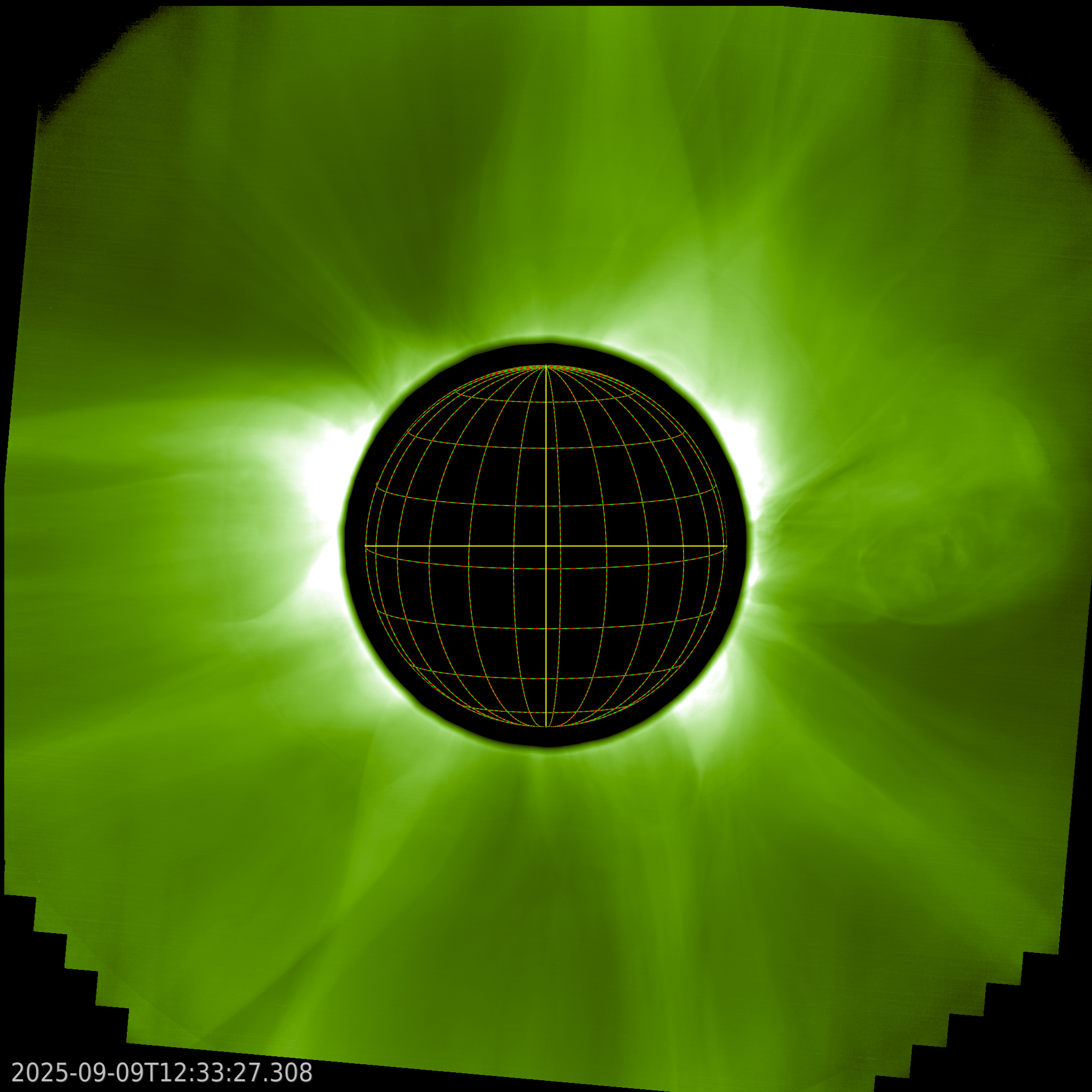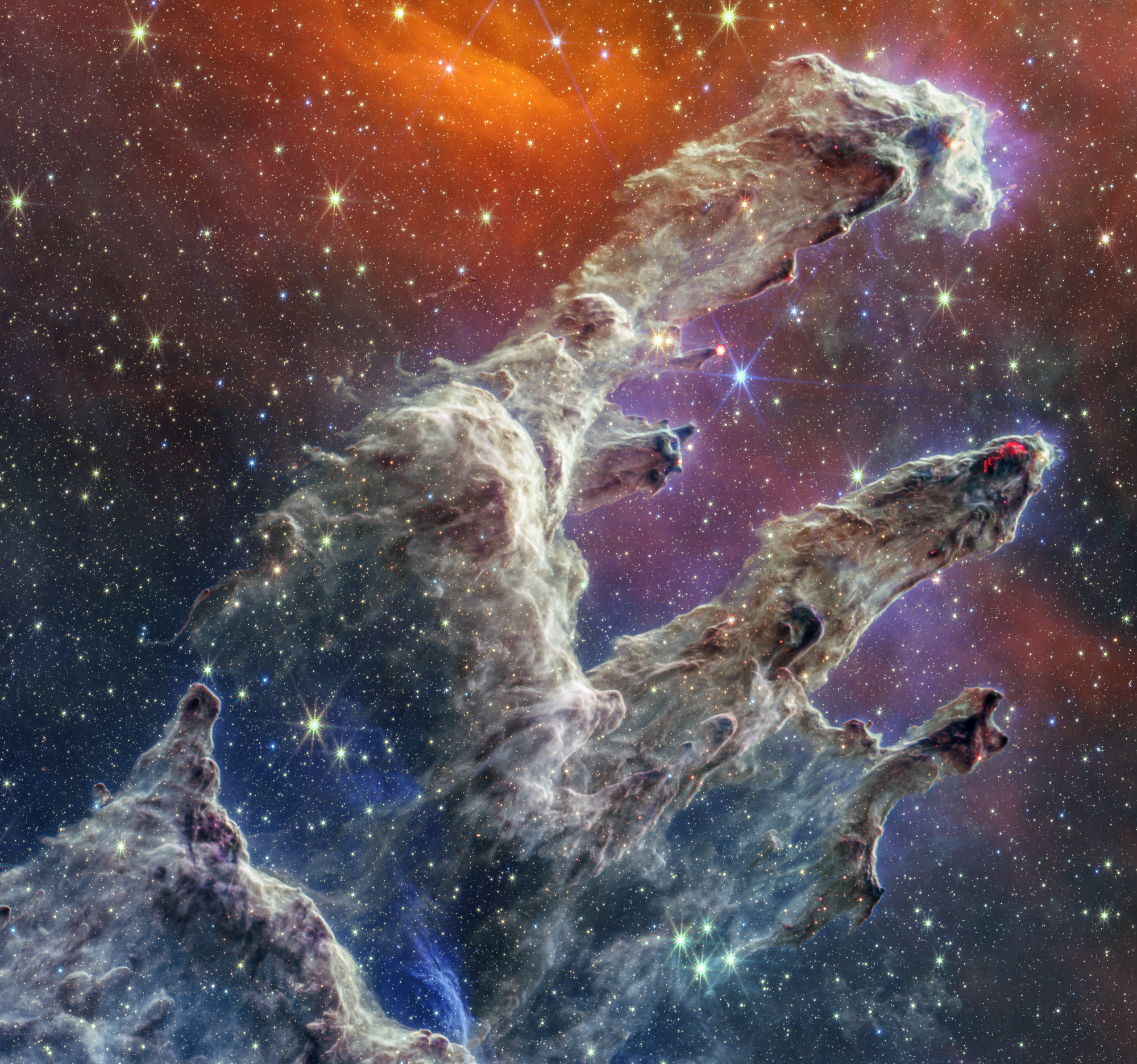Battle of the Scientists 2026
On February 6, six researchers, including two from the Royal Observatory of Belgium, shared their knowledge on solar storms and space weather with a special audience during the eleventh Battle of the Scientists. 2,700 enthusiastic primary school children, 500 of whom were in the auditorium and 2,200 via livestream, voted for the most insightful presentation. The Belgian Space Weather Centre [...]





